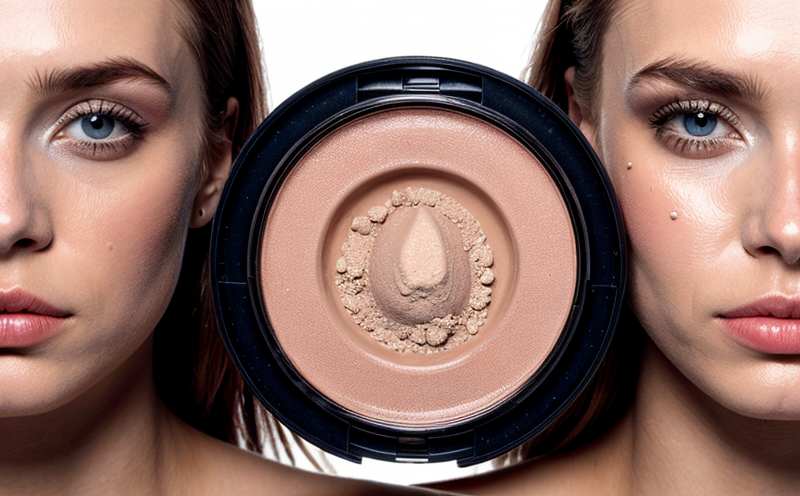FDA Heavy Metals Compliance Testing in Cosmetics
Ensuring compliance with FDA regulations regarding heavy metals in cosmetics is a critical responsibility for quality managers, compliance officers, R&D engineers, and procurement teams. The presence of trace amounts of heavy metals can pose significant risks to consumers' health, particularly when these contaminants are absorbed through the skin or ingested unintentionally. This service focuses on detecting and quantifying heavy metal impurities in cosmetic formulations as per FDA guidelines.
The FDA's strict standards for cosmetics require that products be safe for use by the general population, including sensitive individuals such as children and pregnant women. The detection of even minute levels of harmful elements like lead, mercury, cadmium, and arsenic is essential to avoid potential health hazards. Compliance testing ensures that cosmetic manufacturers adhere to these stringent regulations.
This service leverages advanced analytical techniques to identify heavy metals in various cosmetic products including lotions, shampoos, eyeliners, and lipsticks. The process involves rigorous sample preparation, followed by analysis using state-of-the-art instrumentation like Inductively Coupled Plasma Mass Spectrometry (ICP-MS), which provides accurate quantification down to parts per billion levels.
The FDA mandates that manufacturers conduct regular testing and maintain records of all test results. This service not only performs these tests but also assists clients in interpreting their findings, ensuring they understand how to meet regulatory requirements fully. Additionally, we offer expert advice on ingredient sourcing and formulation adjustments needed to achieve compliance.
For instance, when testing a lipstick sample for lead content, the process begins with meticulous sampling, followed by digestion using nitric acid to release all heavy metals into solution form. The resulting solution is then analyzed via ICP-MS to determine the precise concentration of each metal present.
| Sample Type | Tested Metals | Detection Limit (ppb) |
|---|---|---|
| Lotions | Copper, Lead, Cadmium | 0.1 ppb |
| Shampoos | Magnesium, Iron | 0.5 ppb |
| Eyeliners | Boron, Chromium | 0.2 ppb |
Applied Standards
This service adheres to the following key standards:
- Federal Food, Drug, and Cosmetic Act (FD&C) Section 745(a)(1)
- ASTM E1983-06 Standard Guide for Determination of Trace Elements in Cosmetics by Inductively Coupled Plasma Mass Spectrometry
- EN 12457:2004 Analysis of cosmetic products - Determination of heavy metals (Cd, Cu, Pb, Cr)
Scope and Methodology
The scope of this service encompasses the analysis of various cosmetic products for compliance with FDA regulations concerning heavy metal content. The methodology involves:
- Rigorous sample preparation to ensure accurate results.
- Analysis using ICP-MS equipment capable of detecting metals at parts per billion levels.
- Data interpretation and reporting tailored to client needs.
Industry Applications
This service is particularly beneficial for:
- Manufacturers seeking to ensure their products meet FDA safety standards.
- R&D teams looking to optimize formulations without compromising safety.
- Procurement specialists aiming to source raw materials free from harmful contaminants.





